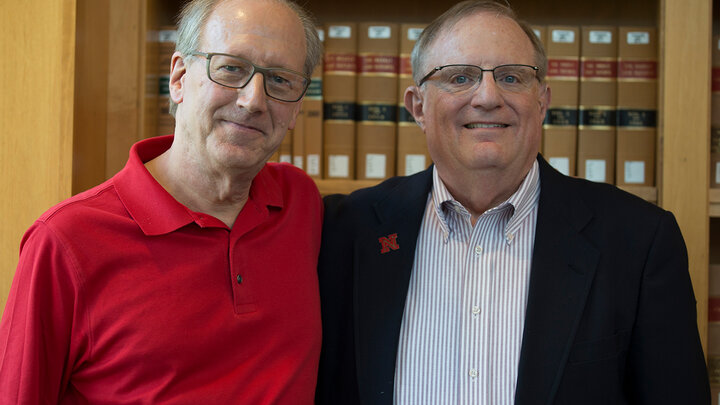Professor Danielle Jefferis was invited to present her project “Our Progressively Brutal Constitution,” at a workshop presented by the Hamburg Institute for Social Research.
The abstract for the article is below:
The American Constitution purports to proscribe certain acts of state violence against individuals, including those who are incarcerated. The degree to which the law limits official acts of force, however, turns on the status of the target of the force. A free person stopped by a law enforcement officer on the street, for example, has a Fourth Amendment right to be free from “objectively unreasonable” force. A person who is charged with a crime and detained before trial has a similar right, albeit under the Due Process Clause, to be free from objectively unreasonable force. A person who has been convicted of and sentenced for a criminal offense, on the other hand, has a right under the Eighth Amendment to be free only of official force applied “maliciously and sadistically for the very purpose of causing harm.” The latter protection is hardly any protection at all, as I have demonstrated in other recent empirical work. In that recent work I explore what I call “the prison penalty” — a distinct handicap on sentenced prisoners’ individual right to be free from corporal state violence due solely to their status as a sentenced prisoner.
This Article draws upon the theories of Robert M. Cover, Ronald Dworkin, and other critical legal scholars, to examine which constitutional rights are mobilized — or mobilizable — and to place the excessive force doctrine within the nomos of constitutional force — i.e., the normative world in which some state actors’ violence is constitutional and others’ is not. Under the current constitutional regime, the American legal system condones progressively brutal violence on the part of state officials. This Article thus critically examines the individual-rights based model of regulating incarceration, which has implications for punishment systems around the world, as well as citizens’ understandings of the purpose and role of constitutional law as a force of restraint (or lack thereof) on state-inflicted violence.




